Home>Garden Essentials>How Can I Eat Flax Seeds
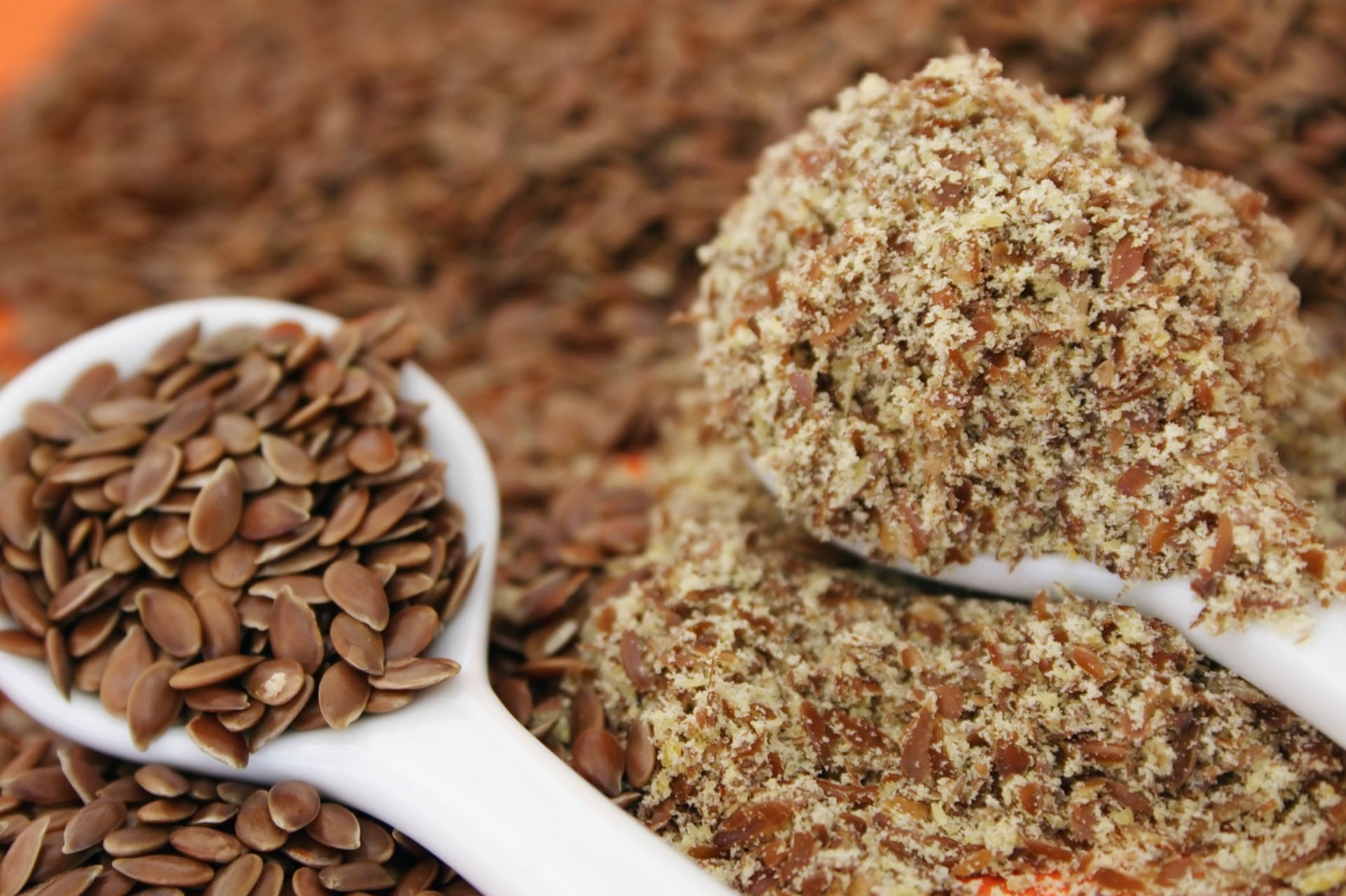

Garden Essentials
How Can I Eat Flax Seeds
Modified: March 15, 2024
Learn how to incorporate garden-grown flax seeds into your everyday meals and reap their incredible health benefits. Get creative with these delicious recipes and enjoy the nutritional goodness.
(Many of the links in this article redirect to a specific reviewed product. Your purchase of these products through affiliate links helps to generate commission for Storables.com, at no extra cost. Learn more)
Introduction
Flax seeds, also known as linseeds, are small, shiny, and nutrient-rich seeds that have gained popularity in recent years due to their numerous health benefits. These tiny powerhouses are packed with essential nutrients, including fiber, omega-3 fatty acids, and lignans, making them a valuable addition to any diet.
Flax seeds have been used for centuries in traditional medicine and are known for their therapeutic properties. The use of flax seeds can be traced back to ancient civilizations, such as the Egyptians and Greeks, who recognized the many benefits of these seeds.
In the modern world, flax seeds have gained significant attention for their potential role in promoting heart health, improving digestion, managing weight, and reducing the risk of chronic diseases such as diabetes and certain types of cancer.
In this article, we will explore the numerous benefits of flax seeds, discuss their nutritional profile, discover ways to incorporate them into your diet, address the importance of grinding flax seeds for optimal nutrient absorption, and provide recommendations on the serving size. We will also touch upon precautions and potential side effects that should be taken into consideration before adding flax seeds to your daily routine.
Whether you are a health-conscious individual or simply looking to expand your culinary horizons, flax seeds are a versatile and nutritious addition to your pantry. Let’s delve into the world of flax seeds and discover why they are hailed as one of the superfoods.
Key Takeaways:
- Flax seeds are packed with nutrients like omega-3 fatty acids and fiber, supporting heart health and aiding digestion. They can be easily added to smoothies, baked goods, and salads for a nutritional boost.
- Grinding flax seeds is essential for optimal nutrient absorption. Start with smaller serving sizes and gradually increase intake to avoid digestive discomfort. Consult a healthcare professional if you have health conditions or are taking medications.
Read more: Where Can I Get Flax Seeds
Benefits of Flax Seeds
Flax seeds offer a wide array of health benefits, making them a valuable addition to any diet. Here are some of the key benefits:
- Rich in Omega-3 Fatty Acids: Flax seeds are an excellent source of alpha-linolenic acid (ALA), which is a type of omega-3 fatty acid. These fatty acids are essential for brain health, reducing inflammation, and supporting heart health.
- High in Fiber: Flax seeds are rich in dietary fiber, both soluble and insoluble. This high fiber content aids in digestion, promotes regular bowel movements, and helps maintain a healthy weight by providing a feeling of fullness.
- Supports Heart Health: The omega-3 fatty acids and fiber content in flax seeds help reduce the risk of cardiovascular diseases. They can lower blood pressure, decrease cholesterol levels, and promote overall heart health.
- Aids in Weight Management: Due to their high fiber and healthy fat content, flax seeds can be beneficial for weight management. They help control appetite, reduce cravings, and promote feelings of satiety.
- Rich in Antioxidants: Flax seeds are packed with antioxidants that help neutralize free radicals in the body, reducing oxidative stress and inflammation. This can have a positive impact on overall health and may help protect against chronic diseases.
- Promotes Digestive Health: The combination of fiber and mucilage (a gel-like substance) in flax seeds helps promote a healthy digestive system. They can relieve constipation, reduce the risk of diverticular disease, and support the growth of beneficial gut bacteria.
- Supports Hormonal Balance: Flax seeds contain lignans, which are plant compounds that have estrogenic properties. These lignans may help regulate hormonal balance, particularly in women, and alleviate symptoms of menopause, such as hot flashes and night sweats.
- Potential Cancer-Fighting Properties: The lignans present in flax seeds have been linked to a reduced risk of certain types of cancer, including breast, prostate, and colon cancer. They have anti-cancer properties and may inhibit tumor growth.
These are just a few of the many benefits that flax seeds offer. Including them in your diet can have a positive impact on your overall health and well-being.
Nutritional Profile of Flax Seeds
Flax seeds are a nutritional powerhouse, packed with essential nutrients that contribute to overall health. Here is a breakdown of the key nutrients found in flax seeds:
- Omega-3 Fatty Acids: Flax seeds are one of the richest sources of omega-3 fatty acids, specifically alpha-linolenic acid (ALA). Omega-3 fatty acids play a crucial role in brain health, reducing inflammation, and supporting heart health.
- Fiber: Flax seeds are an excellent source of dietary fiber. Two types of fiber are present in flax seeds: soluble and insoluble. Soluble fiber helps regulate blood sugar levels and lowers cholesterol, while insoluble fiber aids in digestion and promotes regular bowel movements.
- Protein: Flax seeds are a good source of plant-based protein. They contain all essential amino acids, making them a valuable protein source for vegetarians and vegans.
- Lignans: Flax seeds are abundant in lignans, which are plant compounds with antioxidant and estrogenic properties. Lignans have been associated with various health benefits, including hormonal balance and reduced risk of certain cancers.
- Vitamins and Minerals: Flax seeds provide a range of vitamins and minerals, including vitamin E, thiamine (vitamin B1), copper, magnesium, and manganese. These nutrients are essential for maintaining optimal health and supporting various bodily functions.
It is important to note that the nutritional content of flax seeds is best absorbed when they are ground. When consumed whole, the outer shell of the seeds can make it difficult for the body to access all the nutrients. Grinding the seeds allows for better digestion and absorption of the nutrients present in flax seeds.
Incorporating flax seeds into your diet can be an excellent way to increase your intake of essential nutrients and promote overall health and well-being.
Ways to Incorporate Flax Seeds into Your Diet
Flax seeds are incredibly versatile and can be easily incorporated into various recipes and meals. Here are some simple and delicious ways to add flax seeds to your diet:
- Smoothies: Add a tablespoon of ground flax seeds to your favorite smoothie recipe. This will give your smoothie a nutritional boost and add a subtle nutty flavor.
- Cereal or Yogurt Topping: Sprinkle ground flax seeds over your breakfast cereal or yogurt to add a crunchy texture and enhance the nutritional content.
- Baked Goods: Incorporate ground flax seeds into your homemade bread, muffins, or pancakes. They can be used as an egg substitute in vegan baking, adding moisture, and binding properties.
- Protein Bars and Energy Balls: Make your own protein bars or energy balls and include flax seeds for an added nutritional boost. These make for a convenient and healthy snack option.
- Salads: Sprinkle whole or ground flax seeds on top of your salads for a nutty crunch. They pair well with leafy greens, vegetables, and salad dressings.
- Oatmeal: Stir ground flax seeds into your morning bowl of oatmeal. It adds extra fiber and a delightful nutty flavor to your breakfast.
- Soups and Stews: Add whole or ground flax seeds to your soups and stews for added texture and nutrition. They can be added during the cooking process or used as a garnish.
- Homemade Granola: Make your own granola using a combination of oats, nuts, dried fruits, and flax seeds. Enjoy it as a nutritious and crunchy snack or as a topping for yogurt and smoothie bowls.
Remember, it is important to consume flax seeds in their ground form to ensure optimal nutrient absorption. You can grind them using a coffee grinder or purchase pre-ground flax seeds for convenience.
Experiment with different recipes and find creative ways to incorporate flax seeds into your meals. By doing so, you can enjoy their nutritional benefits and add a healthy twist to your favorite dishes.
Try adding ground flax seeds to your smoothies, yogurt, or oatmeal for a boost of fiber and omega-3 fatty acids. You can also sprinkle them on top of salads or mix them into baked goods for added nutrition.
Grinding Flax Seeds for Optimal Nutrient Absorption
When it comes to consuming flax seeds, grinding them is key to unlocking their full nutritional benefits. The process of grinding flax seeds breaks down the hard outer shell, making it easier for your body to absorb and utilize the nutrients inside.
Here’s why grinding flax seeds is important for optimal nutrient absorption:
- Improved Digestion: The tough outer shell of whole flax seeds can pass through your digestive system undigested, preventing your body from accessing the valuable nutrients within. Grinding the seeds allows your body to break them down more easily, enabling better digestion and absorption of nutrients.
- Increased Availability of Omega-3 Fatty Acids: Flax seeds contain omega-3 fatty acids, specifically alpha-linolenic acid (ALA). The omega-3s in flax seeds are mainly stored in the inner part of the seed. By grinding the seeds, you expose the inner part, allowing better access to the omega-3 fatty acids that support heart health, brain function, and reduce inflammation.
- Enhanced Release of Lignans: Flax seeds are also rich in lignans, which are plant compounds with antioxidant and estrogenic properties. Lignans are found in the outer shell of flax seeds and grinding them helps release these beneficial compounds for better absorption in the body.
To grind flax seeds, you can use a coffee grinder, blender, or food processor. It is best to grind them in small batches, as the seeds can quickly go rancid once ground due to exposure to oxygen and light.
It’s recommended to store flax seeds in an airtight container in the refrigerator or freezer to maintain their freshness and preserve their nutritional value.
Remember that freshly ground flax seeds have the most potency, so it’s best to grind them just before use. You can grind a larger batch and store it in a sealed container in the refrigerator for up to a few weeks.
By grinding flax seeds, you ensure that your body can access and absorb the rich nutritional benefits they offer. So, be sure to make grinding a regular part of your flax seed consumption routine.
Read more: How Much Flax Seeds Should I Eat A Day
Recommended Flax Seed Serving Size
When it comes to incorporating flax seeds into your diet, it’s important to consume them in the right serving size to maximize their benefits without overdoing it. The recommended flax seed serving size depends on the form in which you are consuming them.
Here are some guidelines for the recommended flax seed serving size:
- Whole Flax Seeds: If you are consuming whole flax seeds, it is generally recommended to limit your intake to around 1 tablespoon (10 grams) per day. This amount provides a good balance of nutrients and fiber without overwhelming your system.
- Ground Flax Seeds: Ground flax seeds are more easily digestible and offer better nutrient absorption. The recommended serving size for ground flax seeds is 2 tablespoons (20 grams) per day. This amount ensures you are getting an adequate intake of omega-3 fatty acids, fiber, and other nutrients.
It’s worth noting that flax seeds are high in fiber, so it’s important to start with smaller serving sizes and gradually increase your intake to avoid any digestive discomfort. They can also absorb a significant amount of liquid, so consuming flax seeds with plenty of water or other fluids is advisable.
It’s also essential to listen to your body and adjust the serving size based on your individual needs and tolerances. While flax seeds offer numerous health benefits, it’s important to incorporate them as part of a well-balanced diet and not rely solely on them for all your nutritional needs.
If you have any underlying health conditions or are taking medications, it’s always a good idea to consult with a healthcare professional or registered dietitian before making significant changes to your diet or increasing your flax seed intake.
By following these recommended serving sizes, you can enjoy the health benefits of flax seeds while maintaining a balanced approach to your overall dietary intake.
Precautions and Side Effects of Consuming Flax Seeds
While flax seeds offer numerous health benefits, it’s important to be aware of some precautions and potential side effects associated with their consumption:
- Allergic Reactions: Some people may experience allergic reactions to flax seeds. If you have a known allergy to seeds or nuts, it’s best to avoid flax seeds or consult with a healthcare professional before incorporating them into your diet.
- Medication Interactions: Flax seeds contain high amounts of fiber and may interfere with the absorption or effectiveness of certain medications. If you are taking medications, especially blood thinners or hormone-related medications, it’s important to check with your healthcare provider before increasing your flax seed intake.
- Thyroid Function: Flax seeds contain compounds called goitrogens that can interfere with thyroid function when consumed in large amounts. If you have an existing thyroid condition or are taking thyroid medications, it’s advisable to consult with your healthcare provider before incorporating flax seeds into your diet.
- Stomach Discomfort: Some individuals may experience digestive discomfort, such as bloating, gas, or diarrhea, when consuming flax seeds, especially in large amounts or if not adequately hydrated. Start with smaller serving sizes and gradually increase your intake to allow your body to adjust.
- Pregnancy and Breastfeeding: Flax seeds are generally safe for consumption during pregnancy and breastfeeding, but it’s essential to consult with your healthcare provider before adding them to your diet to ensure it is appropriate for your specific situation.
It’s important to remember that moderation is key when incorporating flax seeds into your diet. While they offer numerous health benefits, consuming excessive amounts can lead to imbalances or unwanted side effects. Always listen to your body and adjust your intake based on your individual needs and tolerances.
If you experience any unusual symptoms or have concerns about consuming flax seeds, it’s best to seek guidance from a healthcare professional or registered dietitian who can provide personalized advice based on your specific health condition.
By being mindful of these precautions and potential side effects, you can safely incorporate flax seeds into your diet and enjoy their many health benefits.
Conclusion
Flax seeds are a nutritional powerhouse that offer a wide range of health benefits. From supporting heart health to aiding digestion and promoting hormonal balance, these tiny seeds pack a punch when it comes to nourishing our bodies.
Adding flax seeds to your diet can be as easy as sprinkling them over your morning cereal, blending them into smoothies, or incorporating them into your baking recipes. However, it’s important to remember a few key points:
First, grinding flax seeds is crucial for optimal nutrient absorption. By grinding the seeds, you break down the hard outer shell and allow your body to access the valuable nutrients inside, such as omega-3 fatty acids and lignans.
Second, it’s important to consume flax seeds in moderation. Start with smaller serving sizes and gradually increase your intake as your body adjusts. This helps avoid any potential digestive discomfort and allows you to reap the benefits without overdoing it.
Lastly, it’s always a good idea to consult with a healthcare professional or registered dietitian, especially if you have any underlying health conditions, are taking medications, or are pregnant or breastfeeding.
Flax seeds are a versatile and nutritious addition to any diet. They offer a rich source of omega-3 fatty acids, fiber, lignans, and various vitamins and minerals. Whether you’re looking to improve heart health, support digestion, manage weight, or simply enhance your overall well-being, flax seeds are a fantastic choice.
So go ahead and start incorporating flax seeds into your meals and snacks. Get creative in the kitchen and enjoy the numerous health benefits these tiny seeds have to offer. Your body will thank you for the nutritious boost!
Frequently Asked Questions about How Can I Eat Flax Seeds
Was this page helpful?
At Storables.com, we guarantee accurate and reliable information. Our content, validated by Expert Board Contributors, is crafted following stringent Editorial Policies. We're committed to providing you with well-researched, expert-backed insights for all your informational needs.
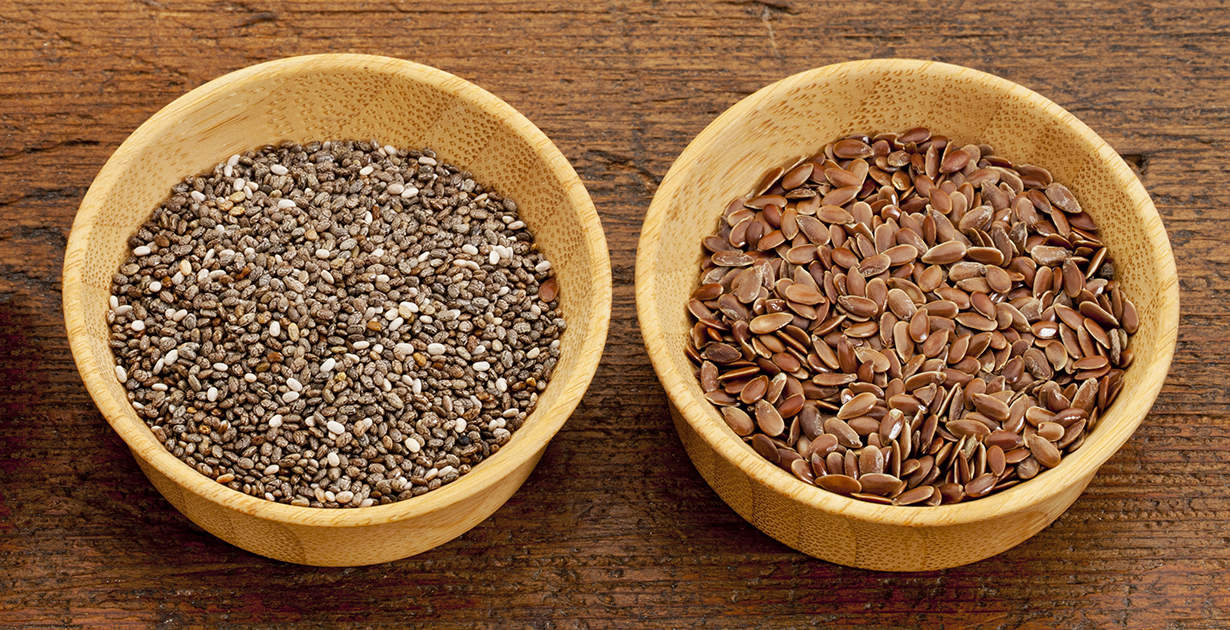
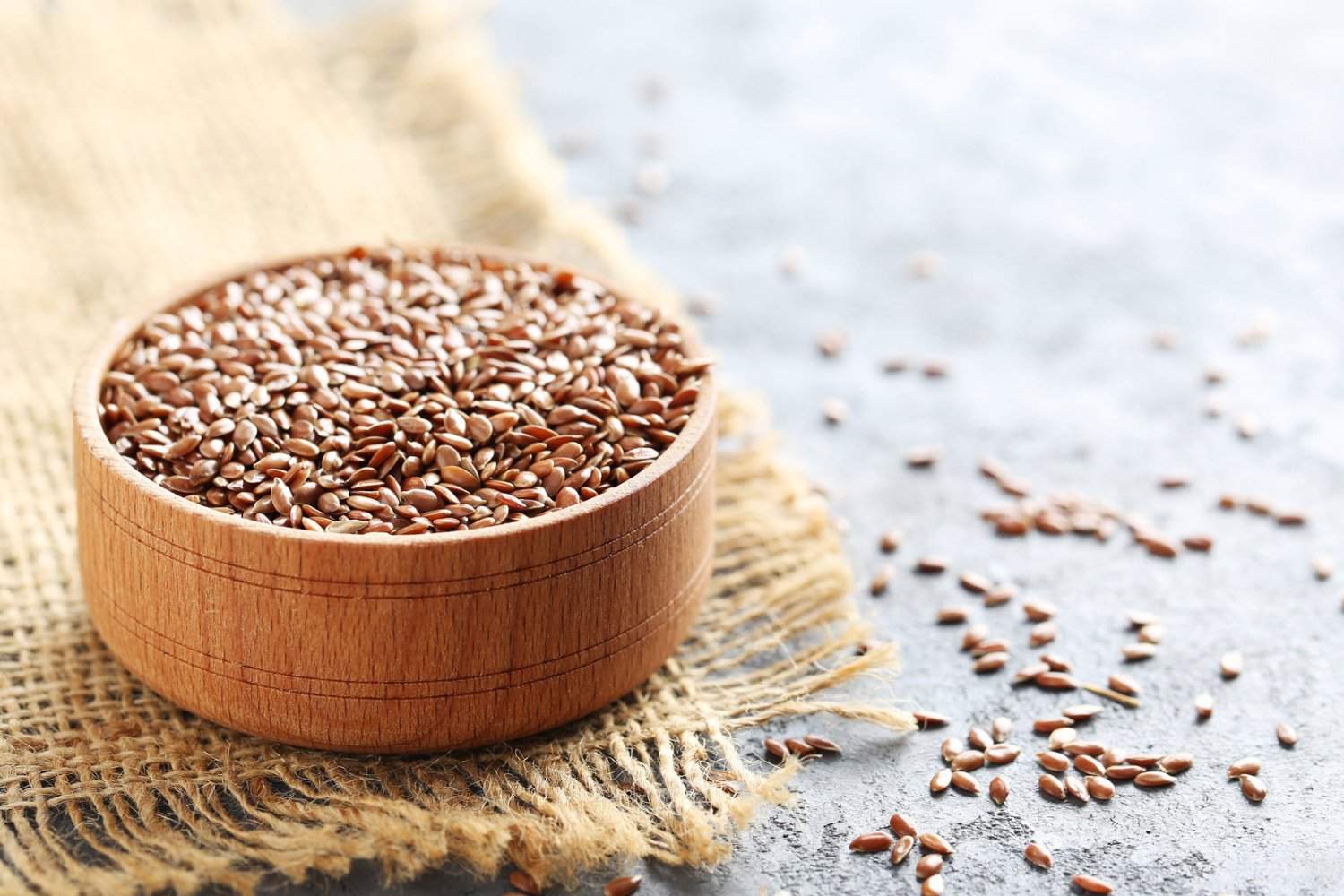
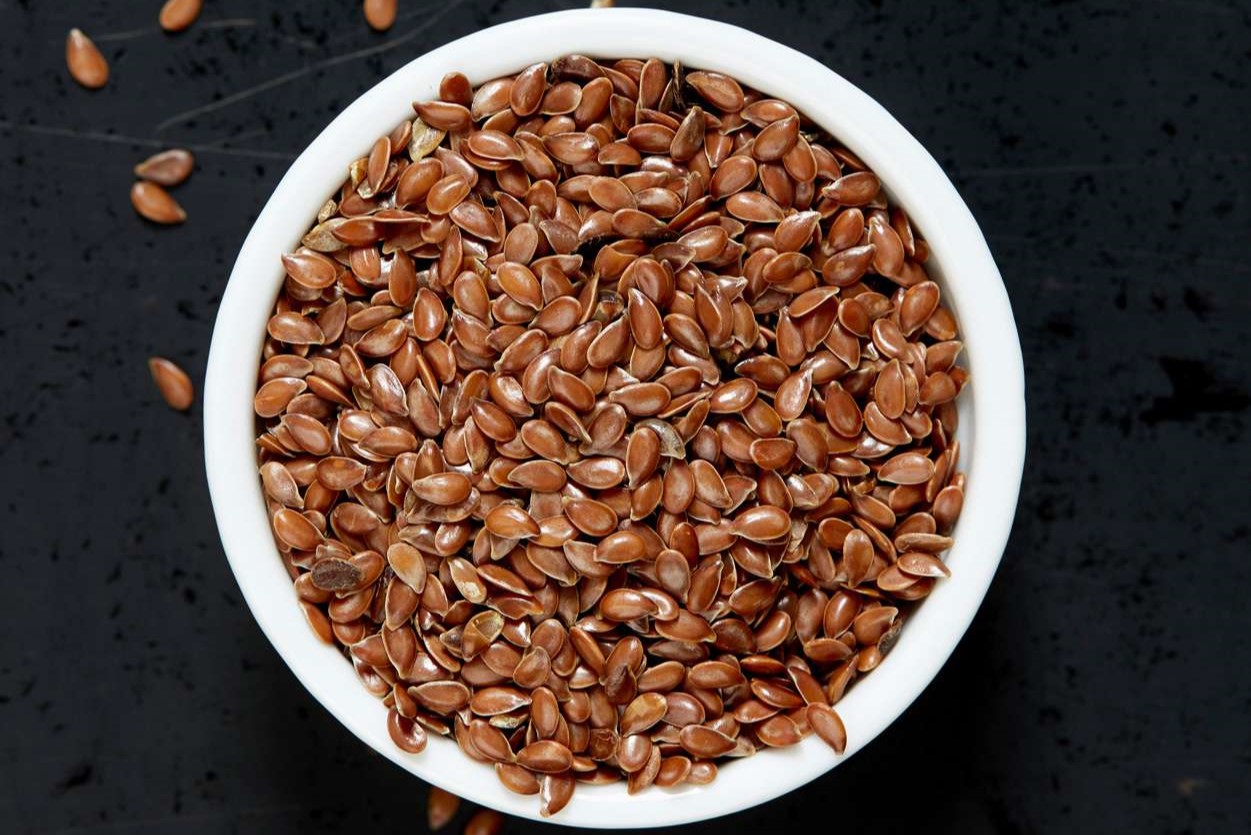
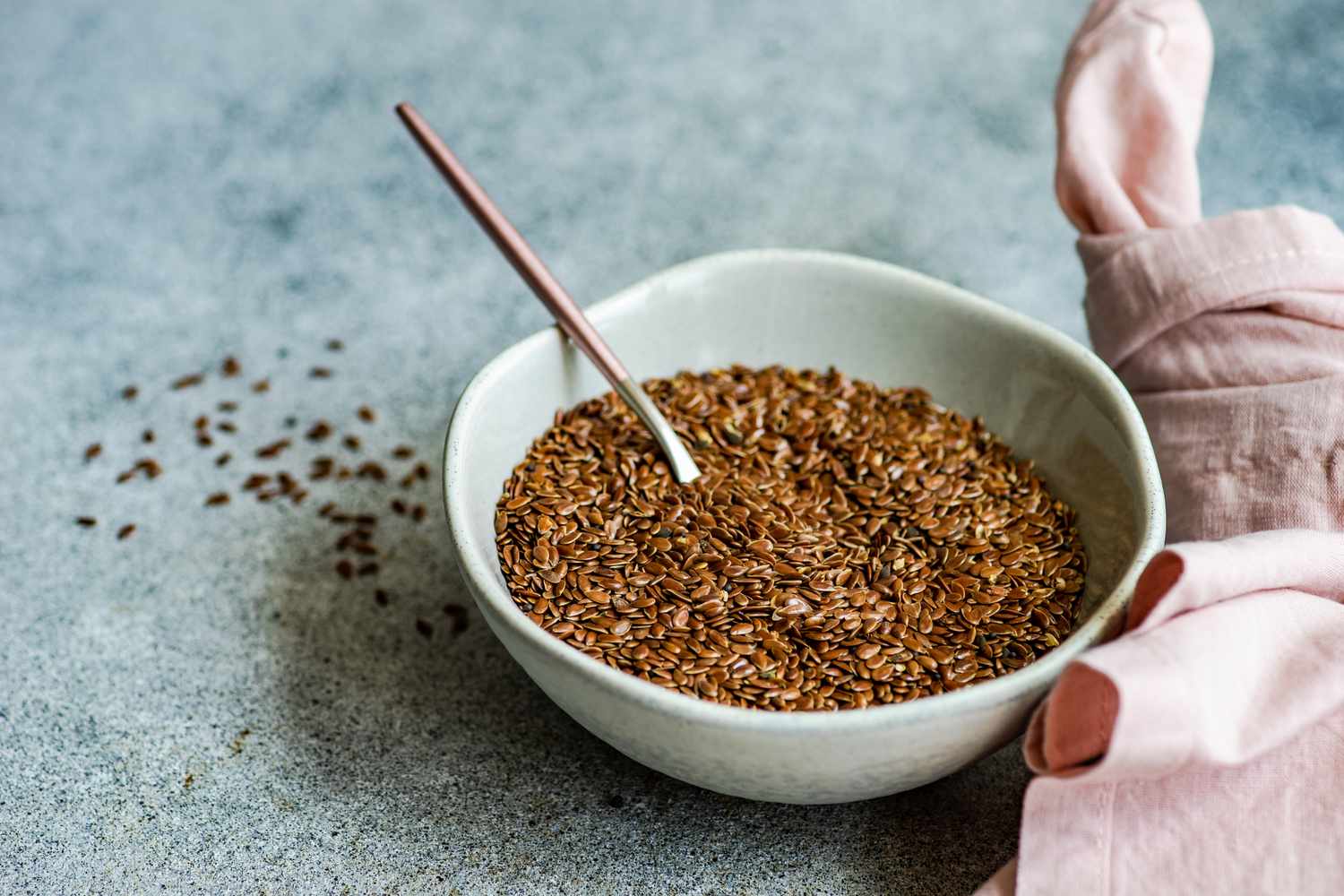
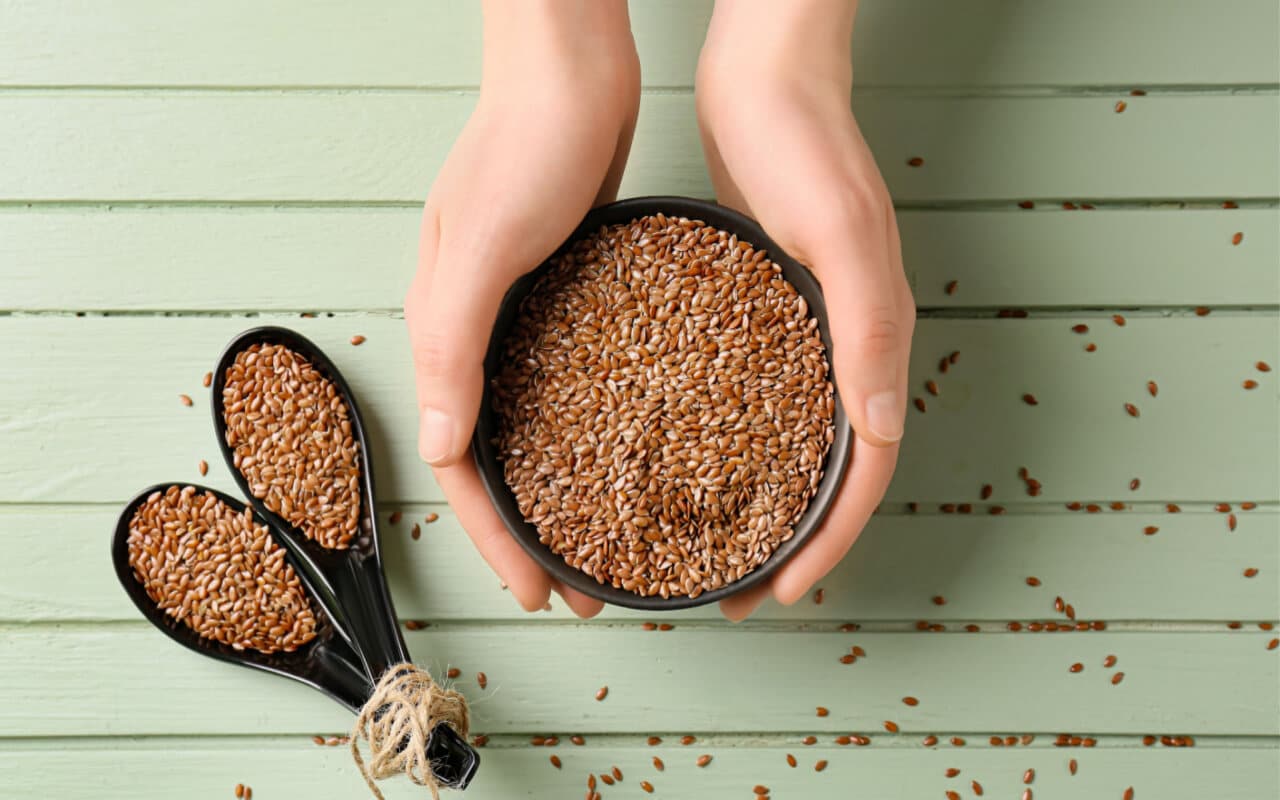
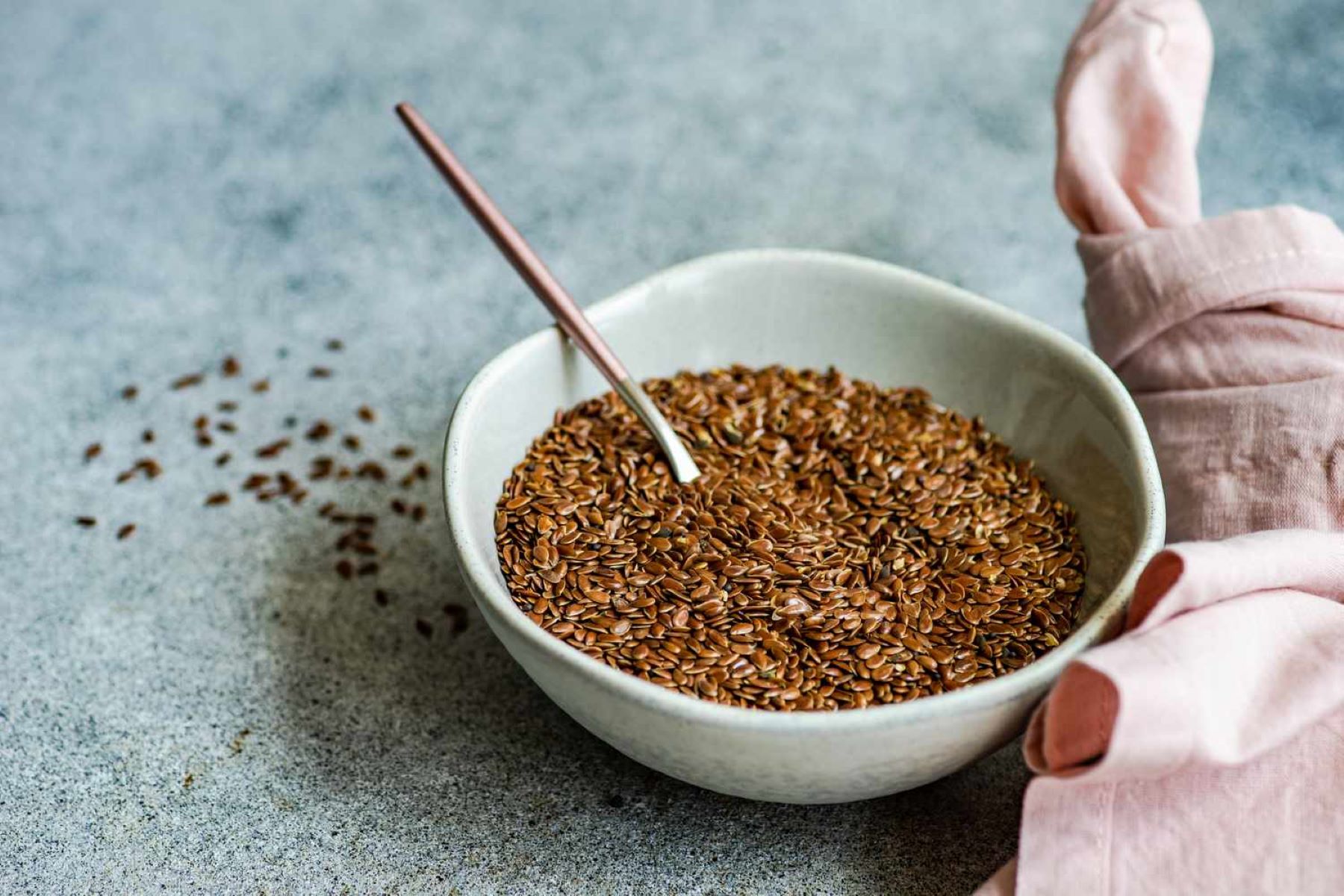
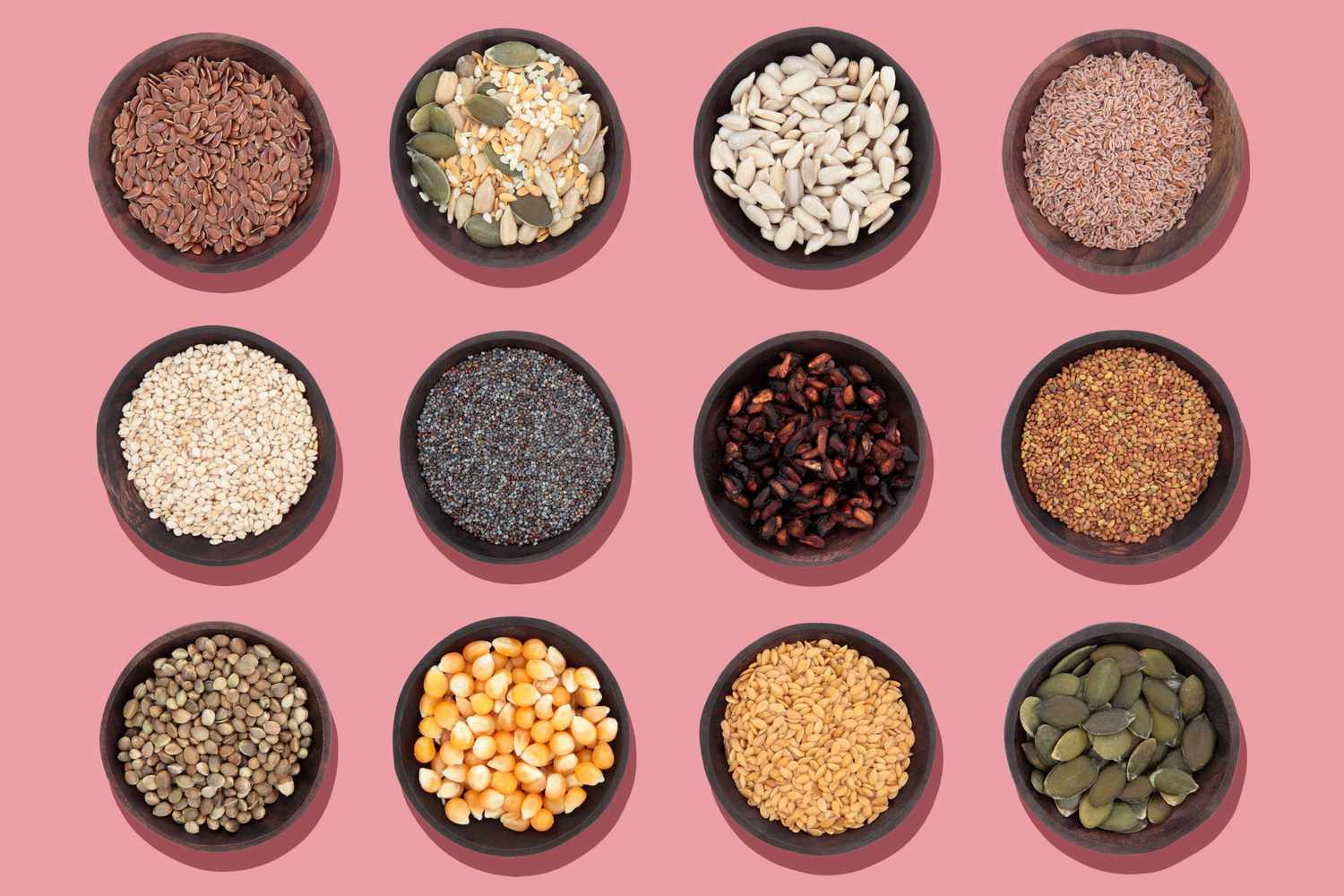
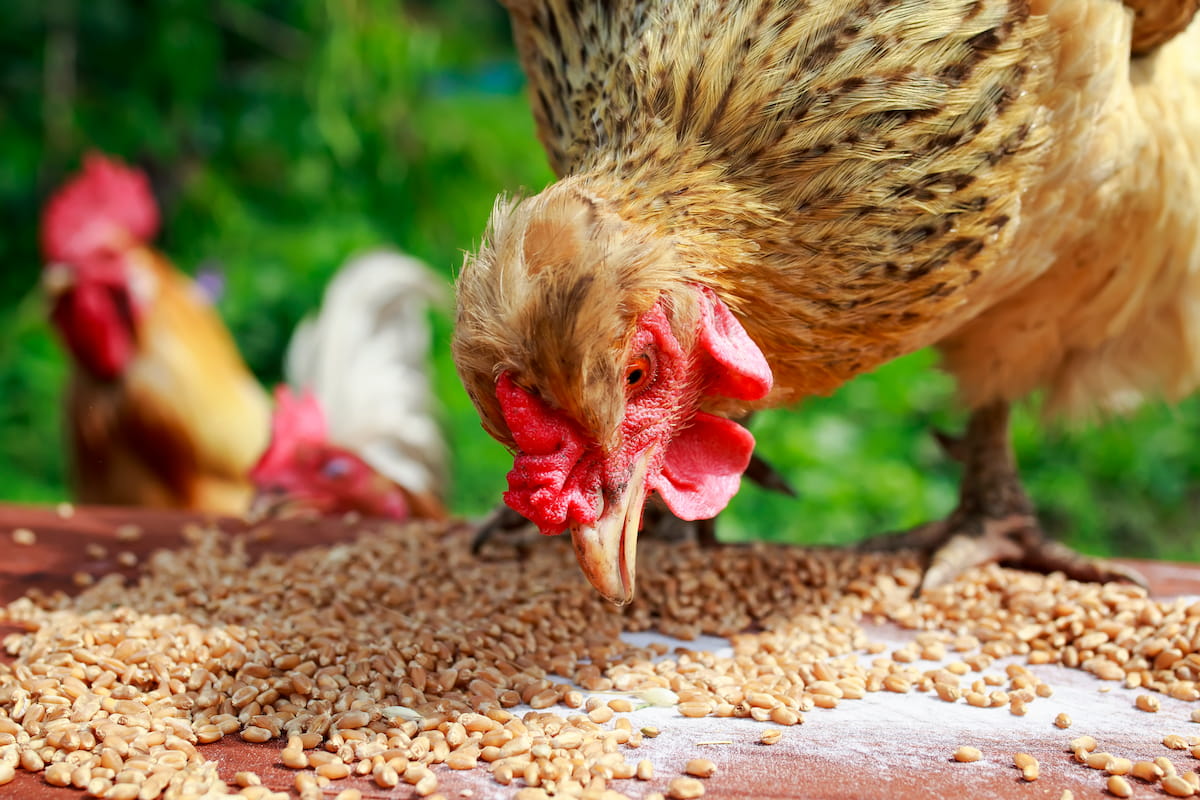


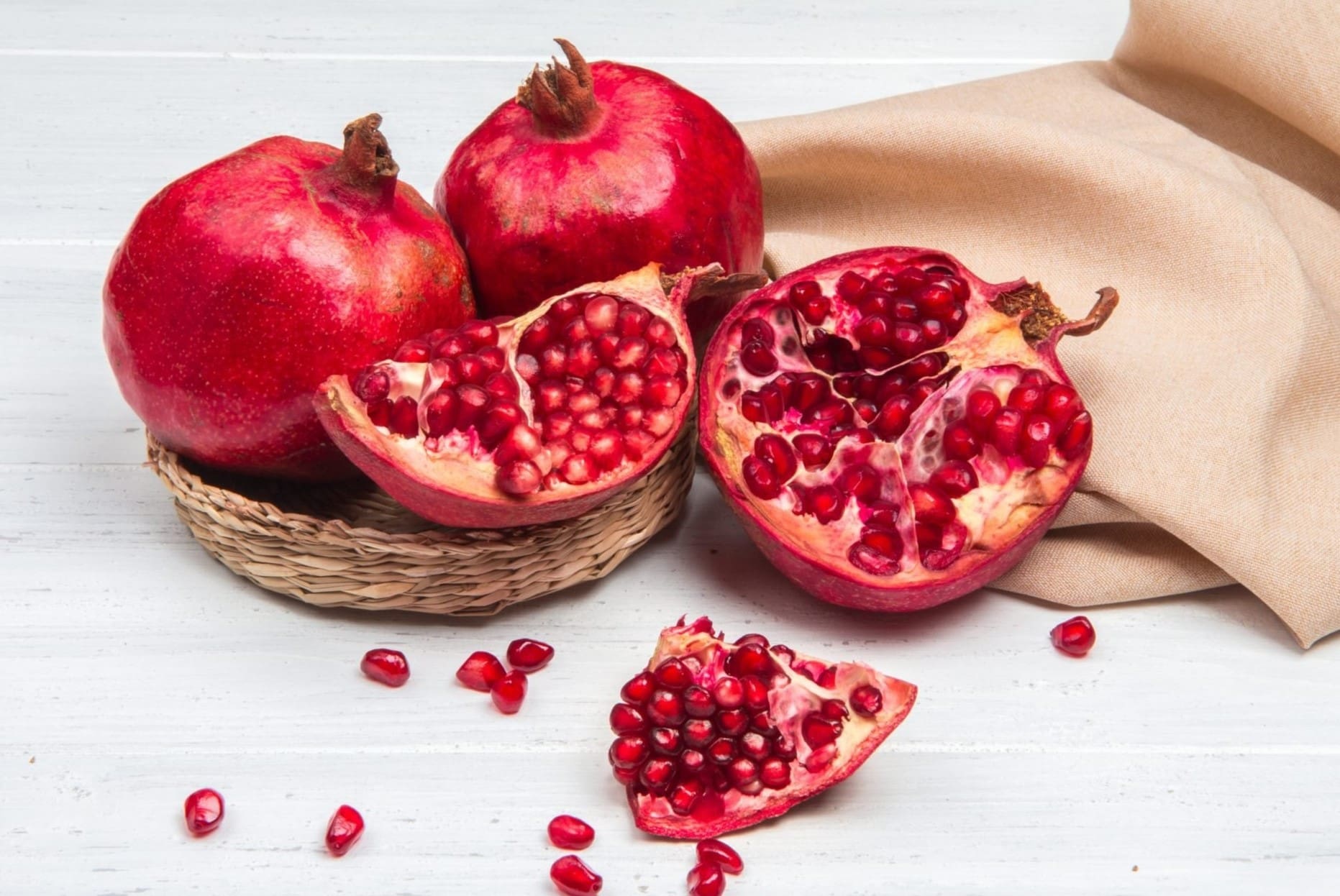
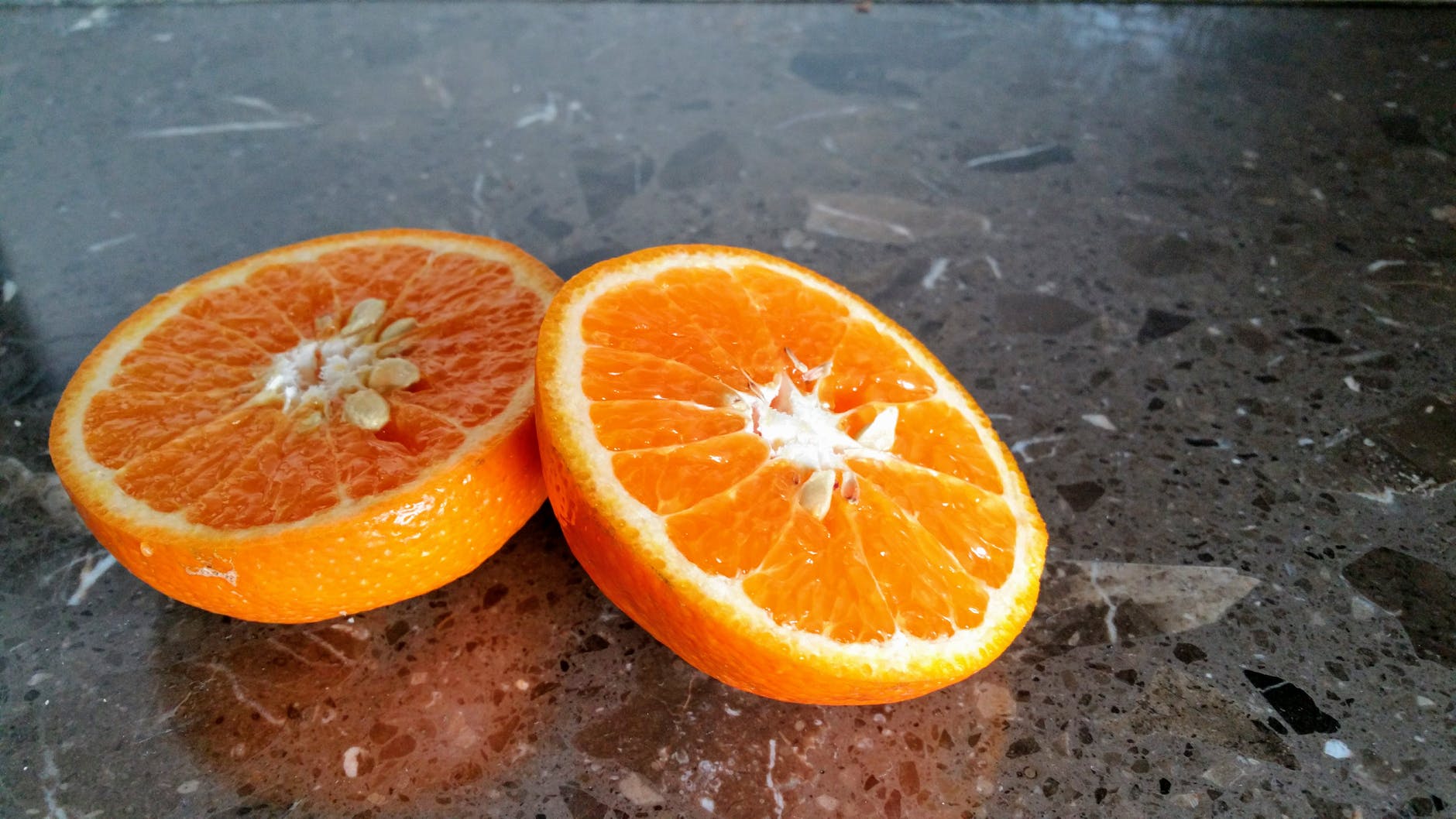
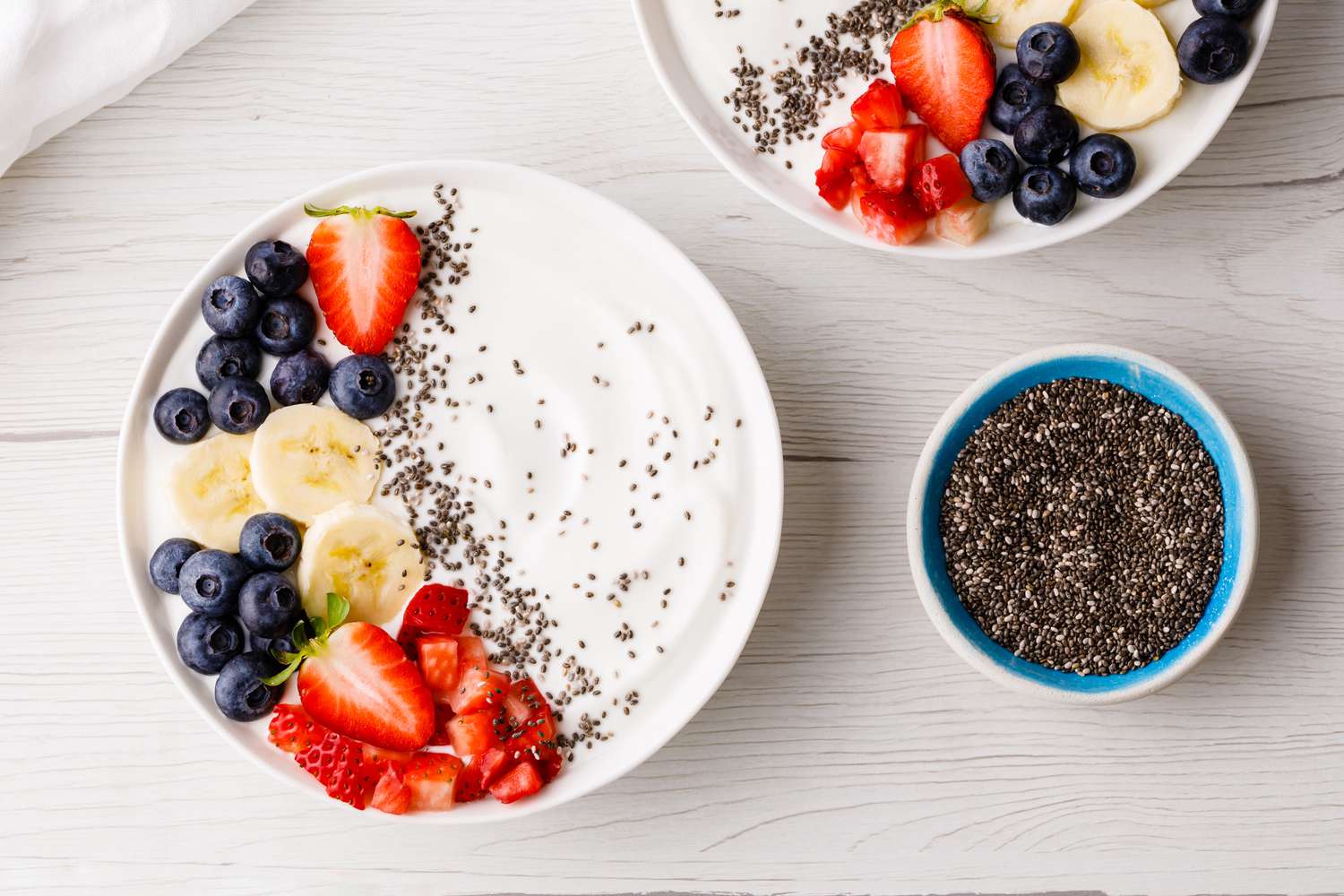
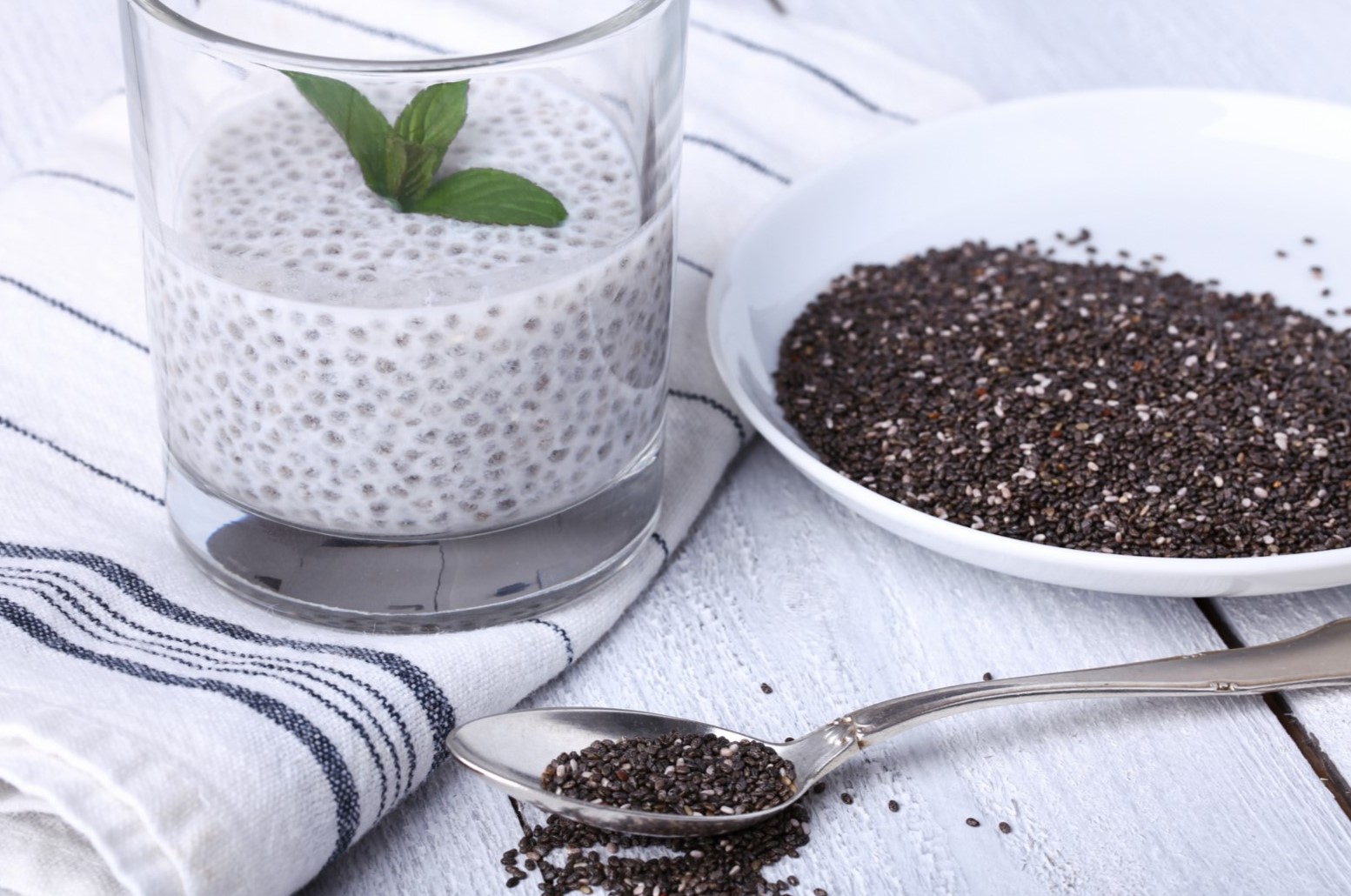

0 thoughts on “How Can I Eat Flax Seeds”